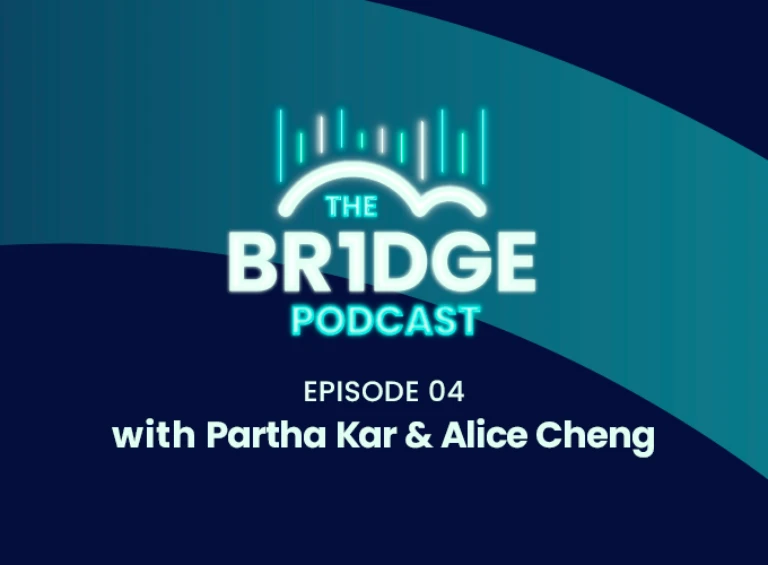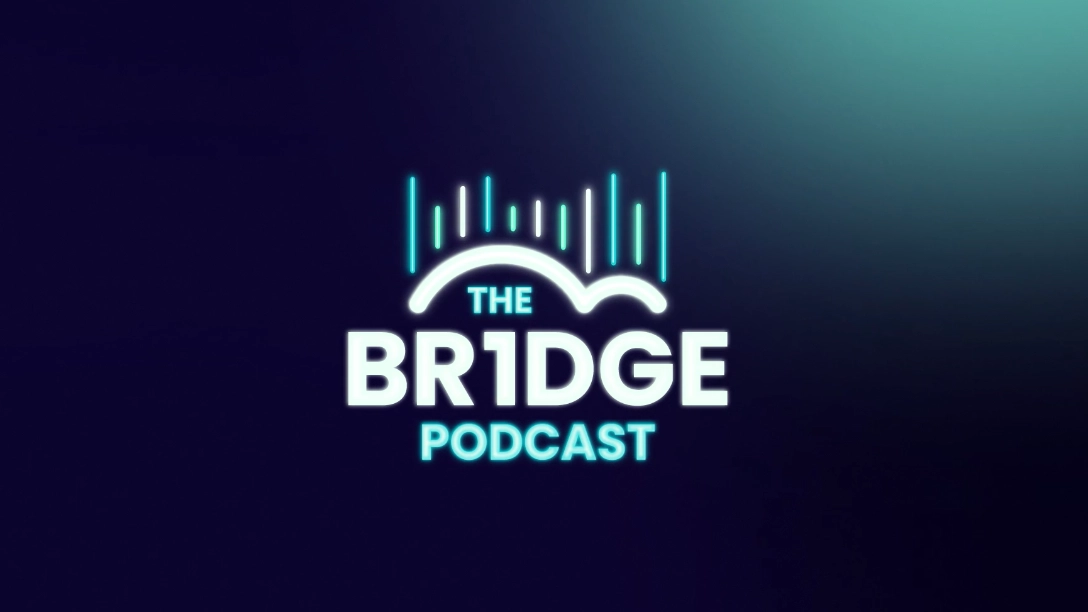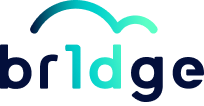- Resource
- BR1DGE
- Pathophysiology
- Staging
- Video
The BR1DGE Podcast - Episode 4: T1D Diagnosis in Adults
Partha Kar talks to Alice Cheng about how to correctly diagnose adult-onset type 1 diabetes, including the role of clinical tools such as the AABBCC criteria and IAb testing.

Learning Objectives
- Appreciate that more than half of diagnoses of type 1 diabetes occur in adulthood
- Understand how to apply the AABBCC criteria and other tools, including testing for IAbs, to differentiate between type 1 and type 2 diabetes in adults
- Understand the importance of maintaining a high index of suspicion for T1D in adults

Summary
Professor Alice Cheng discusses the significant challenge of T1D misdiagnosis in adults. Adult-onset T1D accounts for over 50% of new T1D cases, and often presents atypically, leading to inappropriate management and increased disease burden, including DKA. Cheng discusses the "AABBCC" framework (Age, Autoimmunity, Body habitus, Background, Control, Comorbidities), and the role of autoantibody screening and C-peptide in differential diagnosis. She highlights how accurate staging and diagnosis can open avenues for appropriate therapy and improved patient outcomes. The future promises enhanced diagnostic tools, including AI and genetic markers, that can help unravel the underlying pathophysiology and enable tailored monitoring.
MAT-GLB-2500706-1.0 – 09/2025

.jpg/jcr:content/225SFAD0116_Talks_Preview_400x300%20(2).jpg)
.jpg/jcr:content/225SFAD0116_Symposium_Albanese_400x300%20(1).jpg)
.jpg/jcr:content/225SFAD0116_Symposium_Dayan_400x300%20(1).jpg)